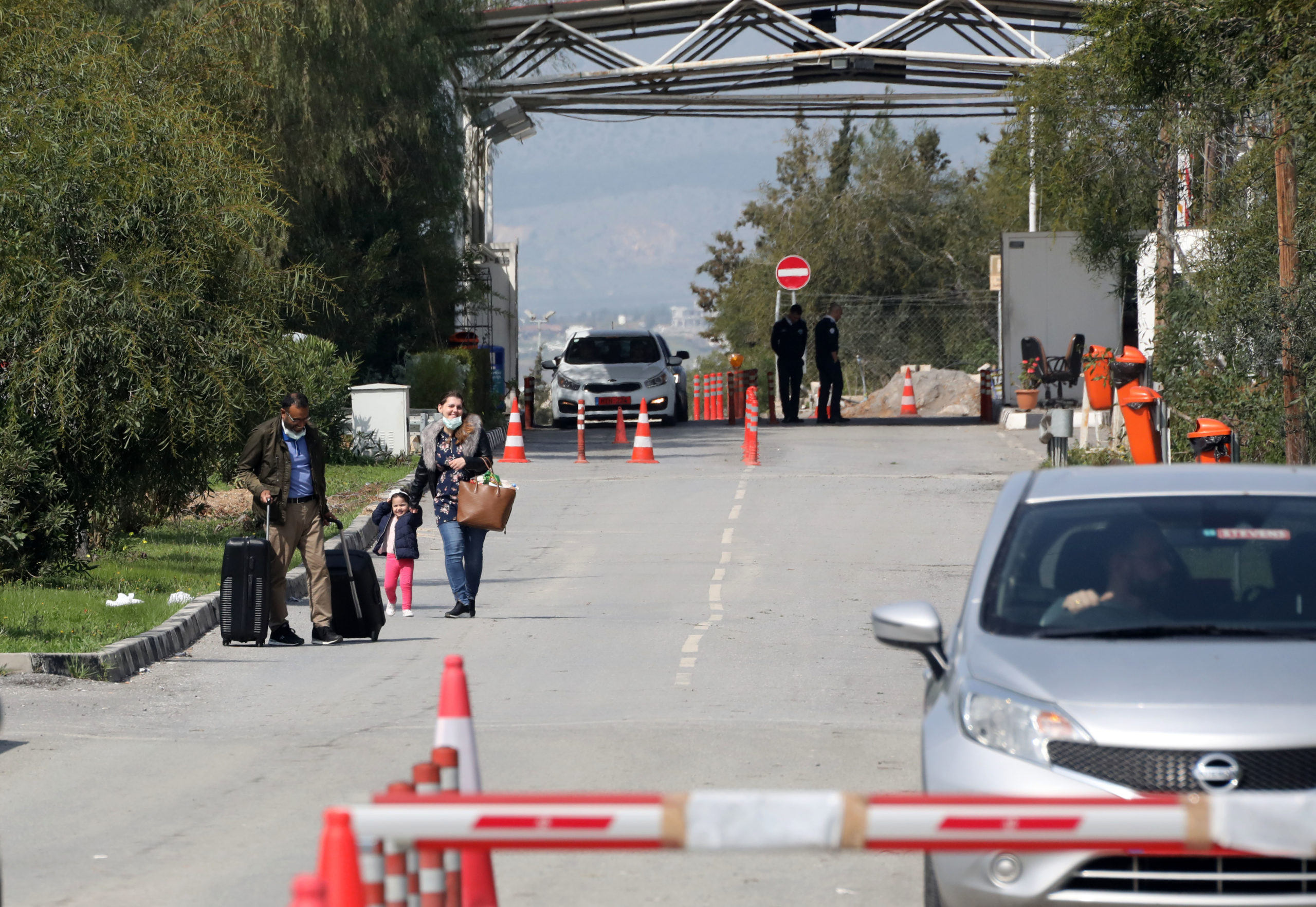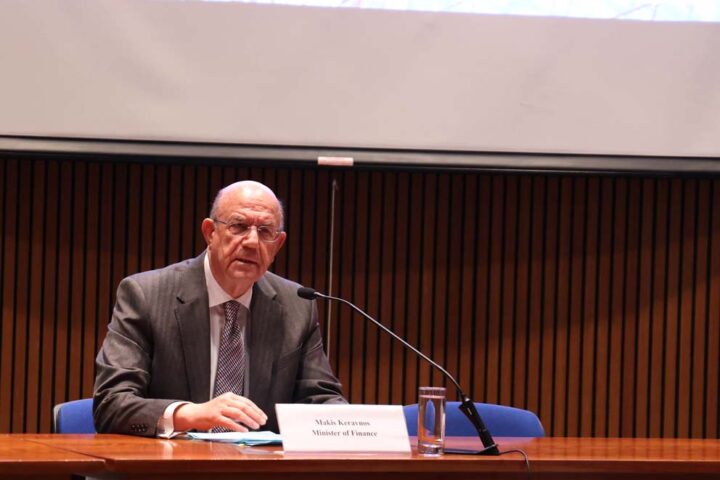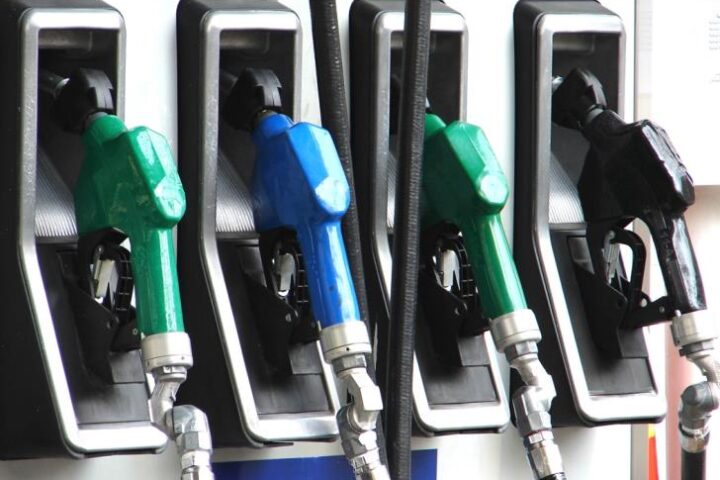The Cyprus government’s efforts to clamp down on what it perceived as illegal filling up with half-price fuel from the north has backfired, as the long lines of motorists at the crossing points have increased following an intervention from the European Commission.
As reported by Agios Dhometios residents near the race course, the main crossing point for vehicles in the capital, the queues have grown longer, while Turkish Cypriots have suggested to widen the crossing to accommodate more cars.
Following a cabinet decision to step up checks on Greek Cypriot-owned vehicles returning from the Turkish occupied north, the EU commission weighed in, clarifying that checks would be a violation of the Green Line Trade Agreement.
The government’s controversial measures had included a €4 surcharge for every litre of fuel proven to be purchased in the north, while also ‘naming and shaming’ people involved in cases of illegally importing fuel for commercial reasons.
The crackdown, however, was not limited to those crossing for commercial purposes, despite the government’s earlier assurances. Ordinary motorists would also be subject to inspection under an unspecified “reasonable suspicion or any other information”.
The government’s plans, however, were brought to a halt, as on Monday, Stefan de Kersmacker, the Commission’s responsible representative, said that fuel is permitted to be transported via the Green Line under certain conditions.
During a press briefing, de Kersmacker was questioned by the Cypriot press about the Republic of Cyprus’ checks at the crossing points from the north.
The EU commission representative clarified that fuel can be transported for personal use.
As reporters were told, the fuel must be contained in the car’s fuel tank or a portable container with a capacity not exceeding 10 litres and the total value of the fuel not exceeding €260.
The EU Commission spokesperson explained that the green line regulation exempts goods carried in personal luggage by individuals from turnover tax, excise duty, and other duties.
This exemption, he noted, applies only if the goods are not of a commercial nature and their total value does not surpass €260 per person.
Occasional purchases
De Kersmacker emphasised that goods are considered non-commercial if they are occasional purchases exclusively for personal or family use.
When it comes to fuel, de Kersmacker clarified that it falls within the non-commercial definition if it is contained in a regular vehicle petrol tank or a portable container, as long as the quantity does not exceed 10 litres.
Meanwhile, the Turkish Cypriot negotiator for the Cyprus Problem, Ergun, Olgun, told YeniDuzen that efforts are underway to widen the crossing points to reduce the long queues at crossings.
He said, “the issue has been tabled with both sides being positive on the matter”.
The government decided to ‘discourage’ people from tanking up in the north following a demonstration held by the association of petrol dealers protesting unfair competition from illegal fuel imports from the north.
Tanker drivers drove to Nicosia’s Ayios Dhometios crossing earlier last month, briefly blocking it before heading for the Presidential Palace.










